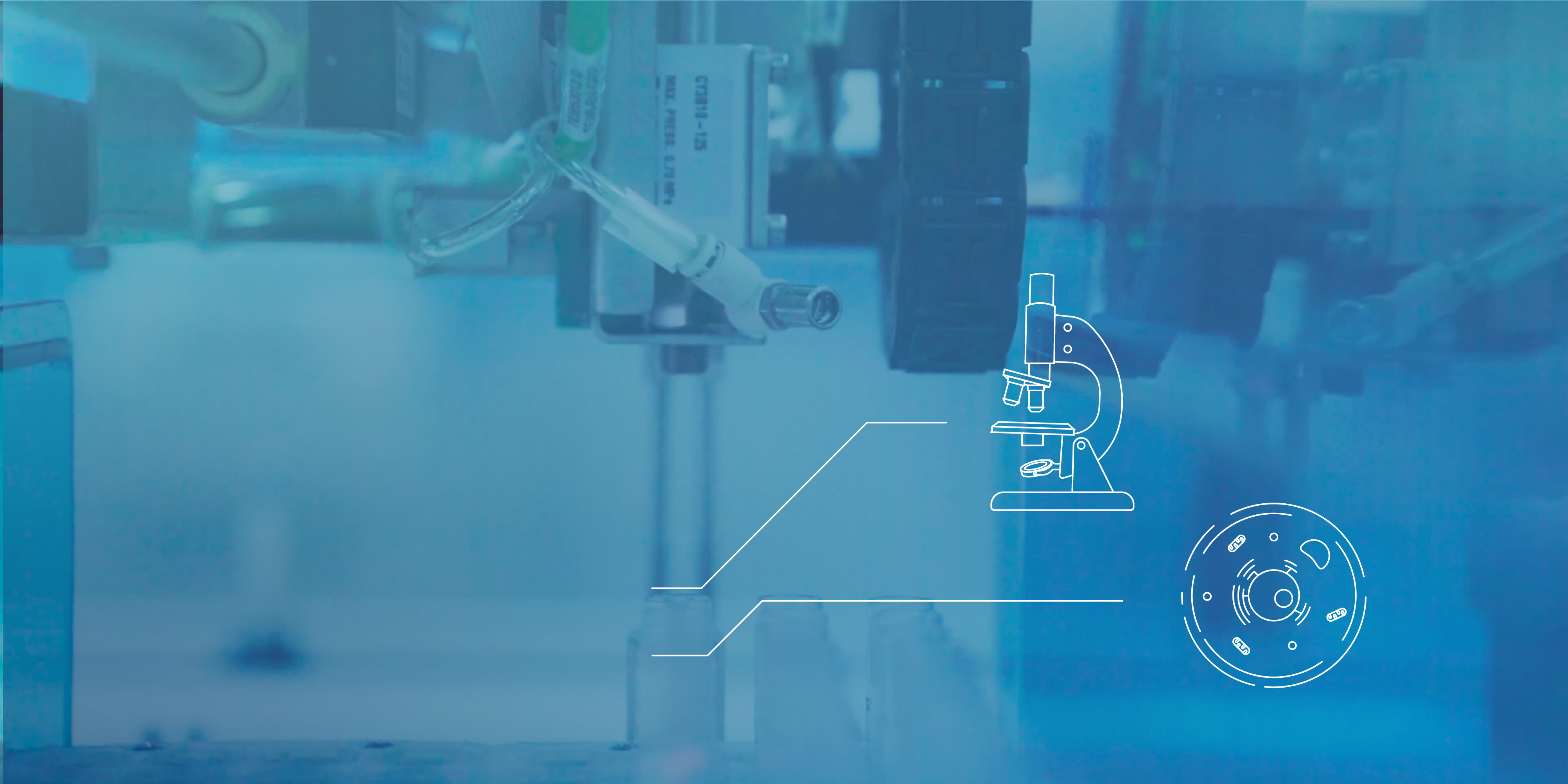AI-enabled Acoustic Intelligence for Anti-Submarine Warfare
From detecting hidden threats to defending critical underwater infrastructure, Anti-Submarine Warfare (ASW) is a cornerstone of national security. AI...
2 min read
Mind Foundry
:
Updated on April 10, 2024

Clinical research data plays an essential role in the pharmaceutical industry but can also eat up resources in terms of time and money. However, by utilising machine learning in clinical trials, efficiency can be drastically improved, enabling faster and more cost-effective drug development and better patient outcomes.
Why do clinical trials matter?
Clinical trials are essential research studies that measure the effectiveness of new drugs. A cohort of patients is randomly assigned the treatment or a placebo, and if statistically significant differences in outcomes are observed, the treatment can then progress through further tests to be brought to market.
However, clinical trial processes can often be extremely long and expensive. Notably, they involve the recruiting of hundreds and sometimes thousands of patients with specific conditions, most often rare, which can take several years.
For example, Dr Stephen Wviviott is running a cardiovascular outcome trial for an SGLT2 medication which will span seven years, recruit 17,000 patients and cost about half a billion dollars. He believes that 90% of this cost could be saved with the right data and technology.
Four benefits of machine learning in clinical trials
1. Recruitment
The first use of machine learning in clinical trials exists at the patient recruitment level. For instance, Antidote has built a platform which centralises patient and trial data and uses historical participation to predict whether a patient is likely to enrol or not. By running these types of predictions across a user base, it's possible to proactively recommend relevant trials to eligible patients, improving the efficiency of the recruitment process and reducing its duration and cost.
2. Dropout
Clinicians can also use historical data and machine learning for clinical trial dropout prevention. Understanding the key drivers behind dropouts can help clinicians identify at-risk patients and refine the recruitment process, filtering recruits based on their likelihood of completing the trial.
3. Control groups
For certain well-documented conditions, machine learning can act as a 'synthetic control arm', which removes the need for a placebo group.
By modelling untreated patient groups using data previously collected on them, synthetic control arms can reduce the number of patients required. This use of machine learning in clinical trials can also improve the effectiveness of essential recruiting since patients are often reluctant to participate out of fear of being placed in the placebo group.
The clinical trials industry is already seeing big changes due to synthetic control arms. AbbVie has cut control groups of certain trials in half, and Roche has also accelerated the approval process of Alecensa, advancing coverage by 18 months across 20 European countries.
4. Big picture insight
Finally, by utilising machine learning in clinical trials, researchers have the chance to incorporate new data sources which couldn’t be analysed previously, such as patient engagement. By understanding how variables external to electronic health records might affect trial outcomes, Clinicians can get a bigger picture view and uncover additional predictive data to improve the success of clinical trials further.
Time to test machine learning in clinical trials
The adoption of machine learning in clinical trials is still in its early days, and will not be a silver bullet that takes out all your problems. However, traction within pharmaceutical leaders - in particular the FDA - highlights its potential to vastly improve industry efficiency and patient outcomes in the near future.

From detecting hidden threats to defending critical underwater infrastructure, Anti-Submarine Warfare (ASW) is a cornerstone of national security. AI...

The UK-USA Technology Prosperity Deal sees overseas organisations pledging £31 billion of investment into UK AI infrastructure. As AI investment...

Industrial AI is increasingly coming to the fore in physical industries, but achieving measurable real-world impact requires careful consideration...